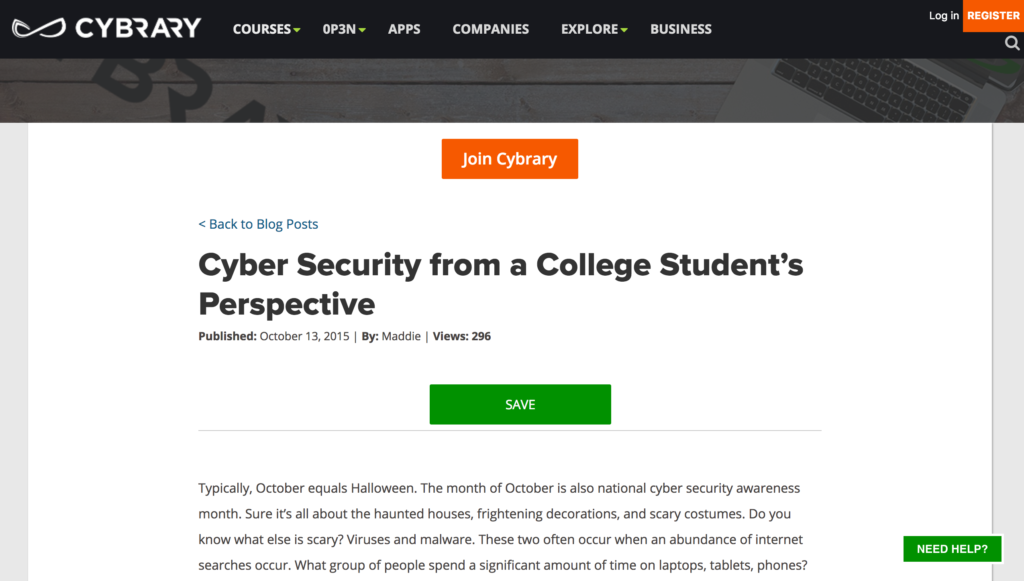Artist Management
When I hear the words “artist management” the main ideas that come to mind are: why do artists need managers, the qualifications of managers, the artist-manager relationship, and the importance of merchandising and touring. So, the million-dollar question, “Why do artist’s need a manager?” Artists need a manger to help them avoid the hazards of the lifestyle of the rich and famous. I personally haven’t been in that position but I see the lives of artists and bands in magazines or on E! News with an infamous light shined on them. If they had proper guidance from their managers, they may have avoided the media. A manager is there to handle the nitty gritty details; artists should focus on their craft not the business of it if they want to be successful. Another reason why an artist needs a manager is because you cannot make it on talent alone. We all know many artists and or bands that have the talent but lack in exposure. Managers are the gatekeepers! They are the clearing house for information. They have connections with record companies, public relations firms, record producers, etc. Today, connections are everything, if you have a referral that is huge. That’s not just the case in the music industry but any industry for that matter. Mangers may occasionally reach out to an artist, but nine times out of ten they base prospective artists off referrals through friends and colleagues in the industry. This reaffirms the importance of networking and persistence in the music industry, as we learned countless times in class this semester. The qualifications of a manger go hand in hand with why a manager is necessary for an artist. In class, some of the qualifications of a manager. A manager is a “mover” and a “shaker” they get stuff done no questions asked, “no way forward, make a way around.” Managers are creators not reactors. They are proactive about their work, they are realistic but visionary, and often they have dual professions like a lawyer. Lastly, they are a musician’s helper more so than a career architect. Again, they handle the small details, it’s up to the artist to craft the work. The artist—manager relationship varies artist to artist, manager to manager. Some managers prefer to keep things arm’s length; others consider their artist their best friend and vice versa. From my interview with an artist manager recently, Rishon Blumberg of Brick Wall and 10x Management, I learned that having a good balance of the business and friend aspect is key. I think that business comes first. When the friendship component becomes overpowering business, lines can get blurred and the result is conflict and that’s not healthy for the artist or manager. The next point I would like to talk about is the importance of merchandising and touring. There are two types of merch. There is retail merch, so like Hot Topic. Then there is live touring so concerts. The simple answer to merchandising is give the people what they want. I’ve been to so many concerts and love getting a shirt or hat from each. I just went to Maroon 5 in October and I didn’t get a shirt because their designs were so crazy. The goal is to present the product in a way that enhances the artist’s popularity rather than what diminishes it. My next and last point to talk about is touring. Touring is the most essential part of an artist’s career. But there are a few things to remember, an artist must be a working act, touring has gotten more expensive, and it can be draining for the whole team. On the other hand, it’s an irreplaceable event and the right performance will create fans for life. It has a direct impact on album sales, it may be expensive but you can make that money back in merch if not more. Touring also helps sustain an artist’s career, especially if they haven’t come out with a single in a while. As a manager, you need a few objectives for touring: promote album, work a certain market, follow up on successful single, reintroduce the band, and of course make money! I enjoy this aspect because it related first hand to my internships at WRNR 103.1 radio and Ram’s Head.
